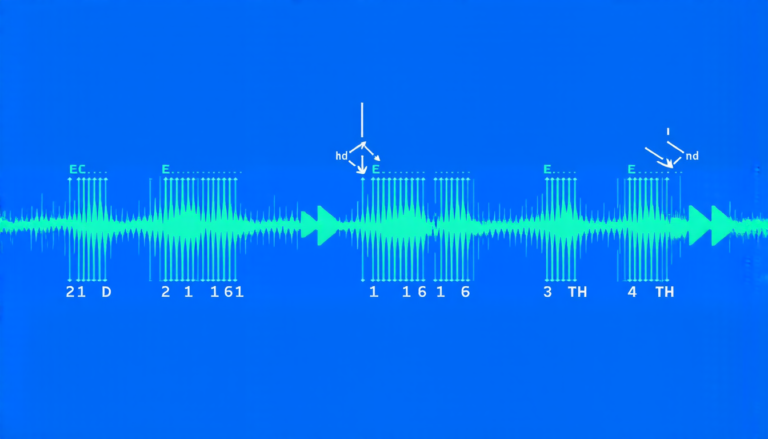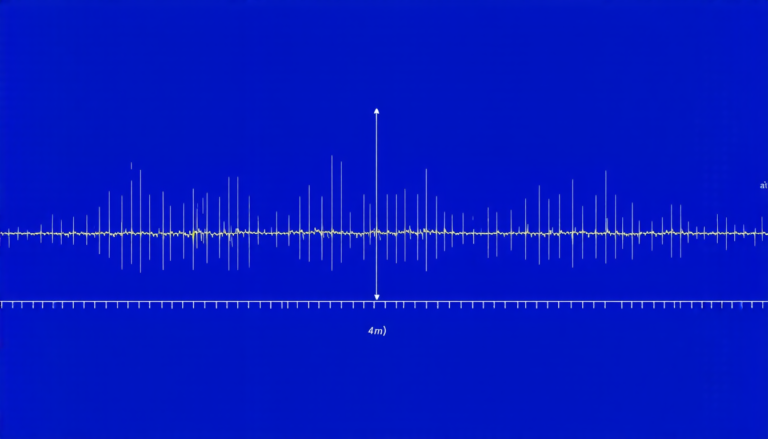Saturday 22 March 2025
A new method for assessing the reliability of survey-based instruments has been developed, which could have significant implications for fields such as psychology, healthcare, and education.
Reliability is a crucial concept in many scientific disciplines, particularly when it comes to measuring human behavior or attitudes. A reliable instrument is one that produces consistent results, even when used by different people or under different conditions. However, traditional methods of assessing reliability are often flawed, relying on assumptions about normality and independence that may not always hold true.
The new method, called Monotone Delta, uses order theory to minimize ordinal contradictions and quantify reliability without relying on these restrictive assumptions. This makes it more robust and accurate than previous approaches, particularly in the face of real-world complexities such as redundancy, multidimensionality, and non-normality.
In a series of experiments, the researchers tested the performance of Monotone Delta across four different scenarios, each designed to challenge its abilities. The results showed that the new method was able to detect and quantify reliability more accurately than traditional approaches, even in cases where these approaches were severely flawed.
One of the key advantages of Monotone Delta is its ability to handle redundancy, which can occur when multiple items on a survey are highly correlated. This can lead to artificially high scores for reliability, but Monotone Delta is able to identify and correct for this problem.
The method also performed well in scenarios where there were multiple underlying dimensions or factors at play, rather than a single unidimensional construct. This makes it particularly useful for surveys that aim to measure complex constructs such as personality traits or attitudes.
Finally, the researchers found that Monotone Delta was able to handle non-normal data distributions and correlated errors with ease, making it a reliable choice even in cases where traditional methods would struggle.
The development of Monotone Delta has significant implications for fields that rely heavily on survey-based instruments. By providing a more accurate and robust method for assessing reliability, researchers can be confident that their results are valid and meaningful. This could lead to important advances in our understanding of human behavior and attitudes, as well as improved decision-making in areas such as healthcare and education.
In practical terms, Monotone Delta is a valuable tool for survey designers and analysts. It provides a simple and intuitive way to assess the reliability of a survey instrument, without requiring advanced statistical knowledge. This makes it accessible to researchers from a wide range of backgrounds and disciplines.
Cite this article: “Improving Survey Instrument Reliability with Monotone Delta”, The Science Archive, 2025.
Reliability, Survey-Based Instruments, Psychology, Healthcare, Education, Ordinal Contradictions, Order Theory, Redundancy, Multidimensionality, Non-Normality







